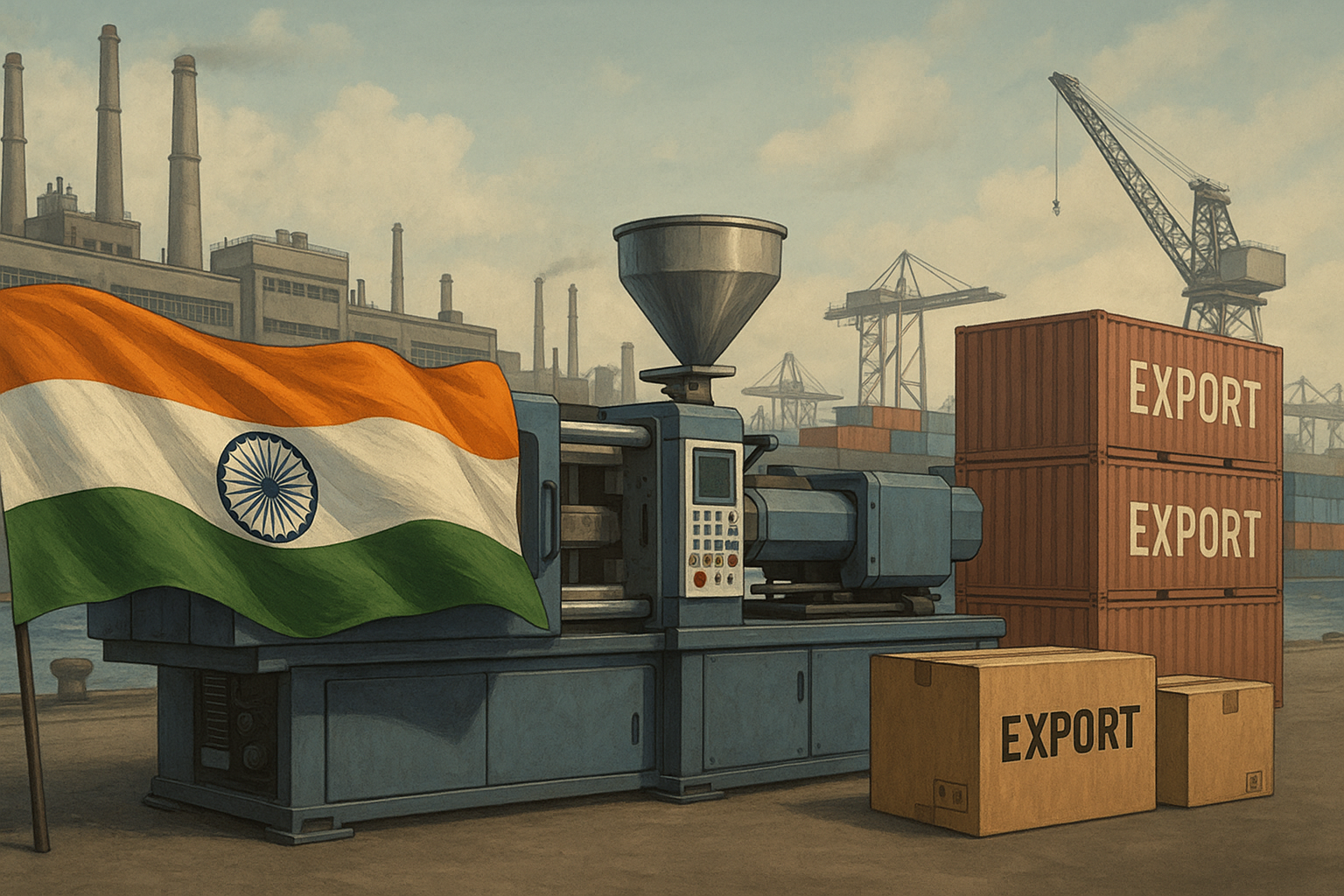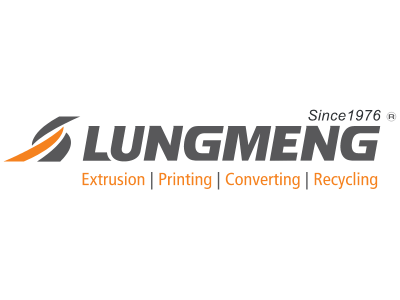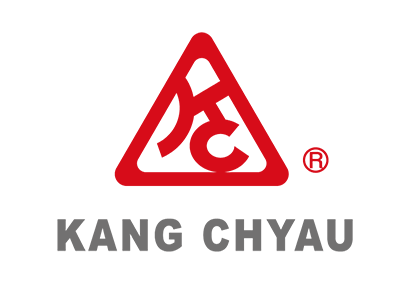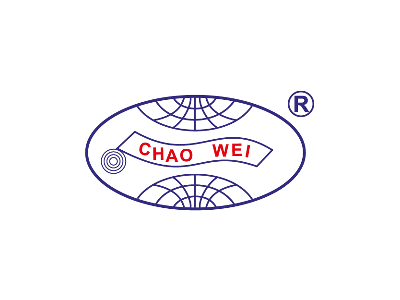India Tightens Entry for Foreign Plastic Machinery with Anti-Dumping Duties and Certification Barriers

India is ramping up trade defense measures in the plastics machinery sector. On June 26, 2025, the Indian Department of Revenue officially imposed anti-dumping duties ranging from 27% to 63% on plastic processing machinery imported from China and Taiwan, following the final recommendations of the Directorate General of Trade Remedies (DGTR).
These duties apply to machines categorized under tariff codes 8477 10 00 and 8477 90 00, which primarily include injection moulding machines and associated plastic manufacturing equipment. The decision comes after an extensive DGTR investigation concluded that such imports were being sold at unfairly low prices, causing material injury to India’s domestic manufacturing industry.
The DGTR’s final report, dated March 27, 2025, established three key findings:
1. Plastic machinery from China and Taiwan was indeed dumped into the Indian market at artificially low prices.
2. The Indian plastic machinery sector suffered substantial economic damage.
3. The injury was a direct result of the dumped imports.
This anti-dumping duty is calculated based on the CIF (Cost, Insurance, and Freight) value of the imported goods, aiming to level the playing field for domestic manufacturers and curb trade imbalances.
Navigating India’s Regulatory Landscape: BIS Certification Now More Critical Than Ever
While the new duties present a significant financial hurdle, they are not the only challenge for foreign machinery makers. BIS (Bureau of Indian Standards) certification has emerged as another key regulatory gatekeeper for plastic machinery entering the Indian market.
BIS certification is mandatory for many categories of machinery, ensuring that imported products meet Indian safety, quality, and performance standards. Without BIS compliance, even duty-cleared machines may face customs delays, rejections, or restrictions in usage—particularly in regulated sectors such as automotive, healthcare, and packaging.
Manufacturers looking to access India’s growing plastics industry must be prepared to navigate the BIS approval process, which includes:
-
Product testing at BIS-recognized labs
-
Submission of technical documentation
-
Factory audits (for certain product categories)
-
Periodic surveillance and renewal procedures
Implications for Exporters from China and Taiwan
For plastic machinery suppliers from China and Taiwan, the combined impact of high anti-dumping tariffs and BIS regulatory compliance marks a significant shift in India’s trade policy landscape. The dual-layered protectionist approach is seen as a move to boost local manufacturing capacity and promote self-reliance under the "Make in India" initiative.
Companies still eyeing India as a strategic market must now reassess their pricing strategies, local partnerships, and certification readiness to remain competitive.
بثق وخطوط البثق
- الهواء فقاعة الفيلم النتوء الخط
- الهواء فقاعة الفيلم النتوء الخط
- الهواء فقاعة ورقة المشارك النتوء الخط
- حقيبة صنع الآلات
- ضربة فيلم ماكينة
- ضربة فيلم إكسوسيون
- مهب فيلم ماكينة
- يلقي فيلم آلة
- آلة طلاء
- إبس / إيب رغوة ورقة خط البثق
- الطارد
- آلات الترقق
- Extrusion Lines For Filaments and Yarn
- Extrusion Lines For Pipes and Profiles
- آلات حيدة البثق
- خط حيدة النتوء
- PET Strapping Band Extrusion Lines
- البلاستيك حقيبة صنع الآلات
- البلاستيك فيلم المشارك النتوء
- ماكينات تصنيع الأنابيب البلاستيكية
- البلاستيك أنبوب ماكينة
- بك خرطوم ماكينة
- سترو، صنع الآلات
- التوأم برغي الطارد
- التوأم برغي بثق
- المنسوجة حقيبة ماكينة
معدات إعادة التدوير للتجهيز المسبق
- زجاجة غسل الخط
- محطم
- المحبب
- بيليه
- إنتاج الكسور
- Pelletizing Machines
- بيت زجاجة إعادة تدوير الخط
- بيت الساخنة غسل الخط
- آلة تكوير
- معدات إعادة تدوير البلاستيك للتجهيز المسبق
- ماكينات إعادة تدوير البلاستيك
- البلاستيك آلة إعادة تدوير النفايات
- خطوط إعادة التدوير
- آلة إعادة التدوير
- التقطيع
- العصارات
- خط الغسيل
- معدات إعادة تدوير النفايات













